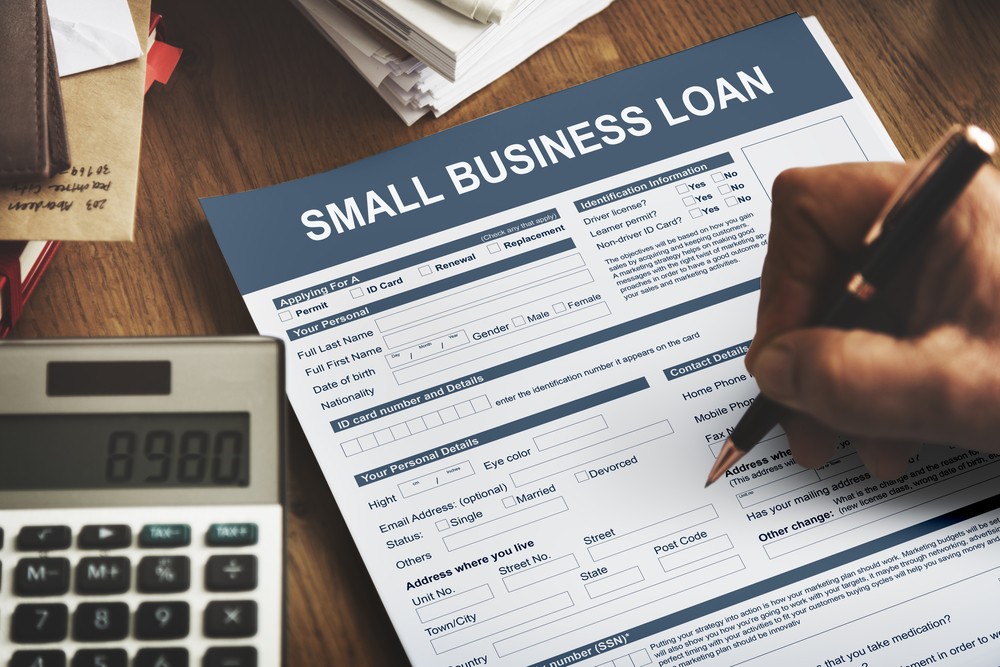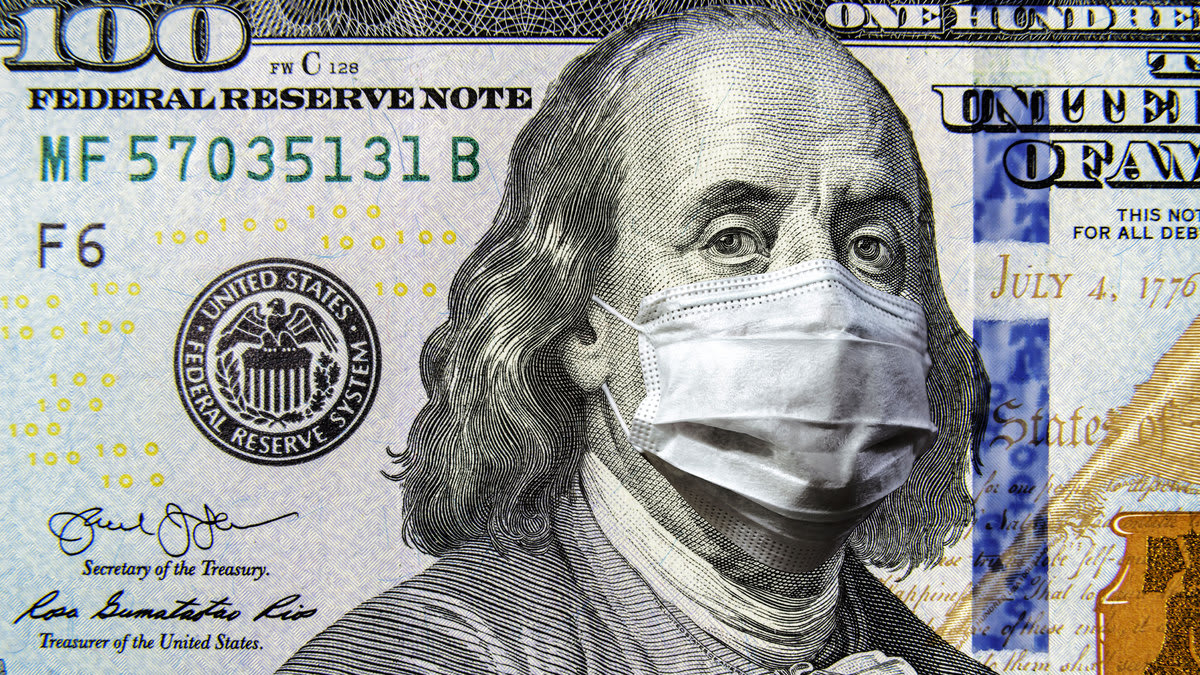
In implementing the CARES Act passed by Congress to rescue the economy from the effects of the pandemic, the Trump Administration has directed tens of billions of dollars in aid to companies with a track record of misconduct. This transfer of public wealth to private bad actors will likely turn out to be more expensive than the TARP bailout of the banks a decade ago, given that much of the new aid will not be repaid.
My colleagues and I at Good Jobs First have found that more than 43,000 regulatory violators and other business miscreants have so far received $57 billion in grants and $91 billion in loans, including many that are forgivable. Over the past decade, the penalties paid by these companies for their misdeeds amounted to more than $13 billion. Our findings are summarized in a new report titled The Corporate Culprits Receiving COVID Bailouts.
We derived these numbers through a careful comparison of the CARES Act data we have compiled for our Covid Stimulus Watch website and the entries covering the past decade in Violation Tracker.
More than 87 percent of the CARES Act recipients with a record of misconduct are small businesses, while the other 13 percent are units and subsidiaries of larger companies. The latter received $55 billion in grants and $53 billion in loans, while the smaller companies received $2 billion in grants and $38 billion in loans. The large companies account for 90 percent of the penalty dollars.
The largest violation category among all 43,000 companies is government contracting at $5.6 billion, or 42 percent of the total. Employment-related penalties and consumer protection penalties each add up to about $3 billion (23 percent), while environmental and safety penalties total $1.6 billion (12 percent).
Hospitals (both for-profit and non-profit) and other providers that received funding from healthcare-related CARES Act programs account for $9 billion of the penalties, or 68 percent of the total. More than half of these penalties derive from Medicare and Medicaid billing fraud.
Recipients of small-business loans account for $3 billion of the penalties (23 percent), with the largest portions coming from wage theft and workplace safety and health violations.
There are two other groups of CARES Act recipients with a significant history of misconduct: colleges and universities getting aid through the Higher Education Emergency Relief Fund and airlines receiving massive levels of assistance through the Payroll Support Program. They paid $900 million and $600 million in penalties, respectively.
Seventy CARES Act recipients had been involved in cases that included criminal charges. Of these, 33 of the defendants were large companies, which paid total penalties of $3 billion. The 37 smaller defendants paid $47 million.
While the bulk of CARES Act spending comes in the form of grants and loans, the Federal Reserve is also seeking to prop up the commercial credit market by purchasing corporate bonds, especially those issued by Fortune 500 and Global 500 corporations. The corporations whose bonds have been purchased by the Fed account for more than $100 billion in penalties over the past decade. Because the purchases, which averaged about $3 million per company, are small in comparison to the size of these corporations, we decided not to include the associated penalties in the main analysis of the report.
The revelation that tens of thousands of CARES Act recipients have records of misconduct—including some cases of a criminal nature—raises serious questions about how the aid was distributed. It appears that little screening was done by federal agencies before awarding grants and loans, partly because there were no strict eligibility requirements written into the CARES Act. In some programs the money was apportioned by formula rather than choosing some recipients over others.
In the Paycheck Protection Program there was an application process, but it was handled by banks – which received commissions for their efforts – rather than the Small Business Administration. The application form required business owners to state whether they personally had been convicted or pled guilty to felonies such as fraud and bribery, while for the companies themselves the only issue seemed to be whether they had been debarred by a federal agency.
While little can be done about aid awards that were technically legal, there are steps the federal government could take with regard with two categories of recipients. The first consists of those companies and non-profits which were accused of defrauding the federal government and which paid civil penalties (usually through a settlement) for False Claims Act violations. The other category consists of those involved in cases that were serious enough to be brought with criminal charges.
Given that companies involved in FCA cases are usually allowed to continue doing business with the federal government after paying their penalty, it would be difficult to debar them from future covid stimulus programs. These companies should, however, be subject to additional scrutiny to ensure they do not resume their fraudulent behavior while receiving grants and loans.
The most compelling case for excluding a group of companies from participation in future aid programs concerns those with a history of criminal misconduct. The PPP provision dealing with corrupt business owners should be applied to businesses themselves, especially when the firms involved are larger entities. Doing so would protect taxpayer funds and serve as a deterrent against future corporate criminality.



You must be logged in to post a comment.